The company announced in September 2020 that its Willenhall-based shredding and recycling plant was to start recycling alkaline batteries in October (see letsrecycle.com story).
However, it has emerged that the plant did not open and still does not have a permit, and that commissioning has been delayed.
Fenix explained that the engineer who was going to commission the plant lives in Germany and has been unable to travel to the UK because of Covid-19 restrictions.
And, the plant’s conveyor is said to have been damaged “in transit”. The company is waiting for a replacement part.
“These are issues which would have been resolved in a couple of days outside Covid world,” Fenix’s director of business development Damian Lambkin told letsrecycle.com. “It’s been a bit of a lesson in how to deal with these things in a pandemic, though let’s hope nothing like this happens again.”
With the warehouse and other facilities “ready to go”, Mr Lambkin hopes the plant will be operational in December, though he said it was more likely to be in January.
Permit
A further hurdle preventing the plant becoming operational is the lack of a permit from the Environment Agency. Mr Lambkin says he is confident the plant will receive a permit within the next couple of weeks, having submitted an application nearly three months ago.
“These are issues which would have been resolved in a couple of days outside Covid world”
Mr Lambkin said a case officer had indicated Fenix would receive a permit and he praised the work of the Agency throughout the pandemic. “The EA have been really good to us and really helpful,” he said.
Once the plant is operational it will receive batteries from a variety of sources, such as battery brokers, recyclers and manufacturers, Mr Lambkin said. He said Fenix had been approached by the “three largest manufacturers of electric vehicles” and the “world’s largest battery brokers”, but it would be “unfair to give names without asking permission”.
Mr Lambkin said Fenix was in discussions with two compliance schemes. Again, he said he did not wish to name them.
Fenix
The Willenhall facility is being funded directly by Mr Lambkin and the company’s other three founders, Dr Athan Fox, Miles Freeman and Neil Muttock.
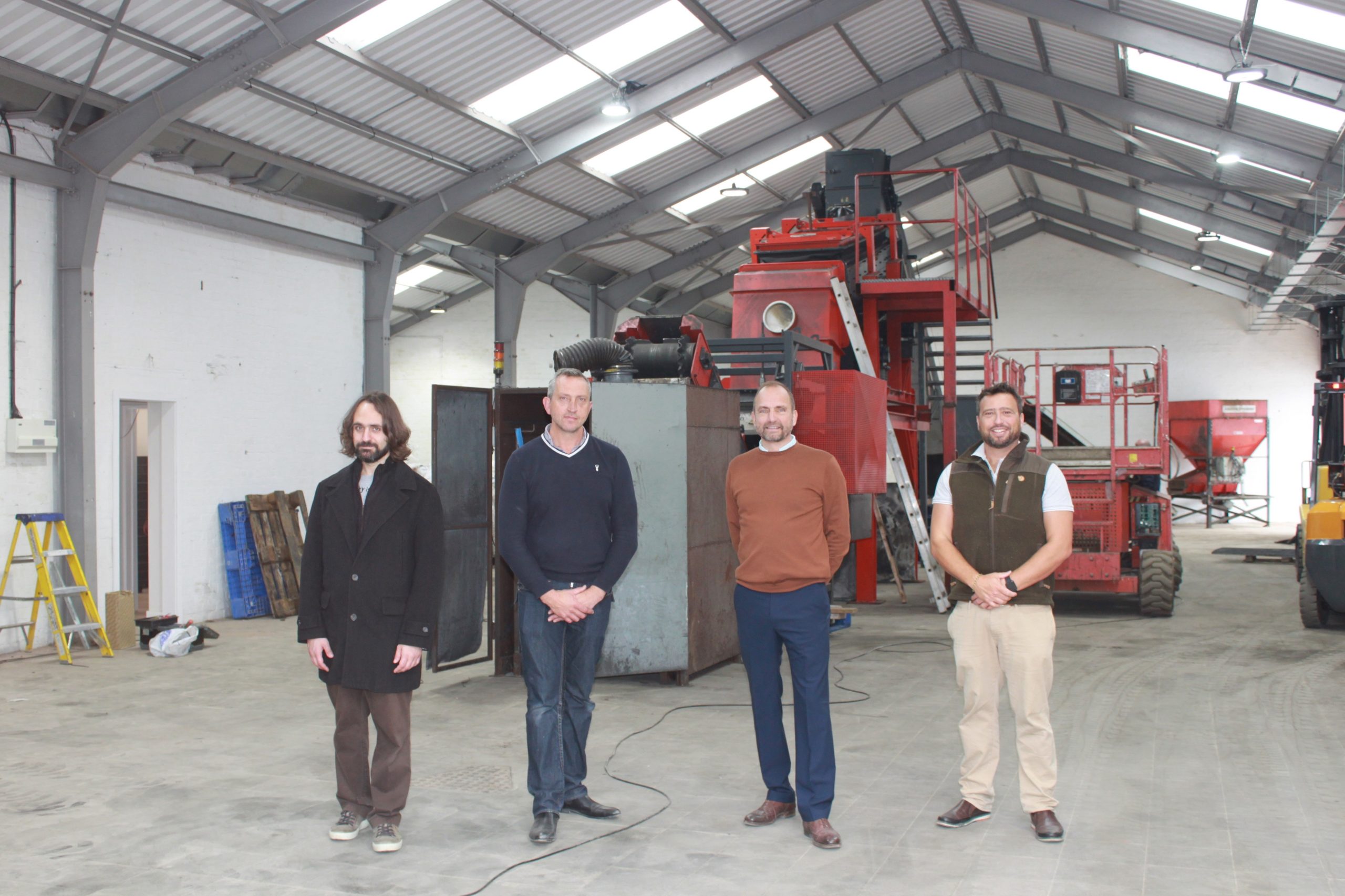
[Updated 19 November] Mr Lambkin says Fenix has applied to receive grant funding from the Faraday Institution, an independent institute for electrochemical energy storage science and technology. The company is working in partnership with the University of Cambridge and the University of Birmingham, something Mr Lambkin says he is “really excited about”.
Currently, Fenix is carrying out feasibility studies on EU battery backs and portable lithium ion (Li-ion) batteries, Mr Lambkin said.
Fenix’s recycling process involves the separation of anode and cathode materials from the batteries before chemical processing. All the precious materials are removed from the black mass, for which the company has partnerships in Europe, Mr Lambkin said. He added the metals would be handled in the UK.




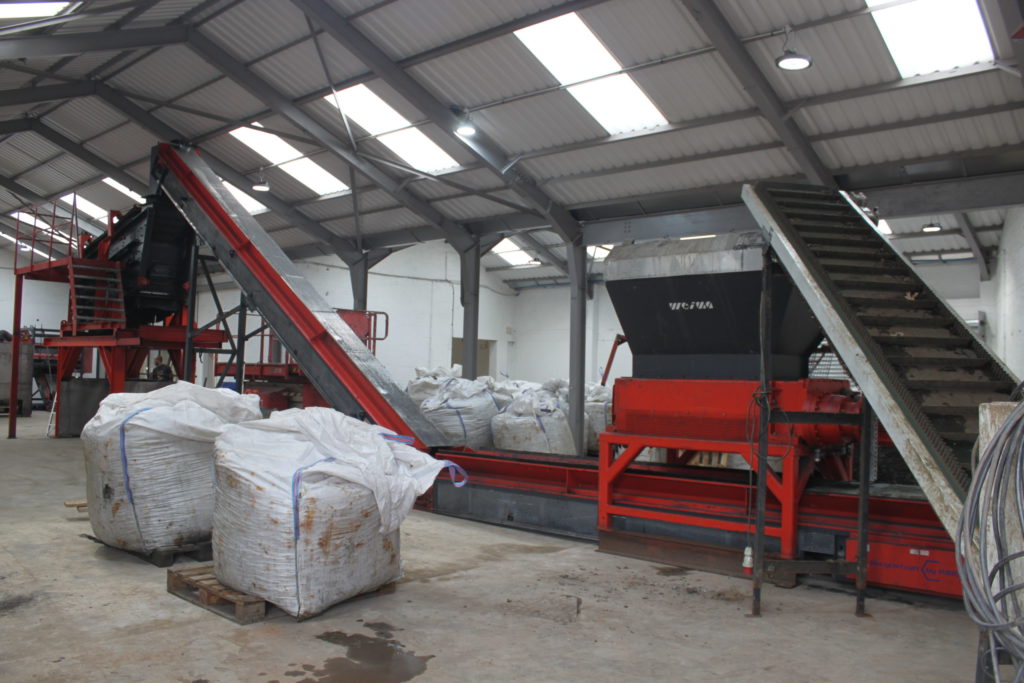


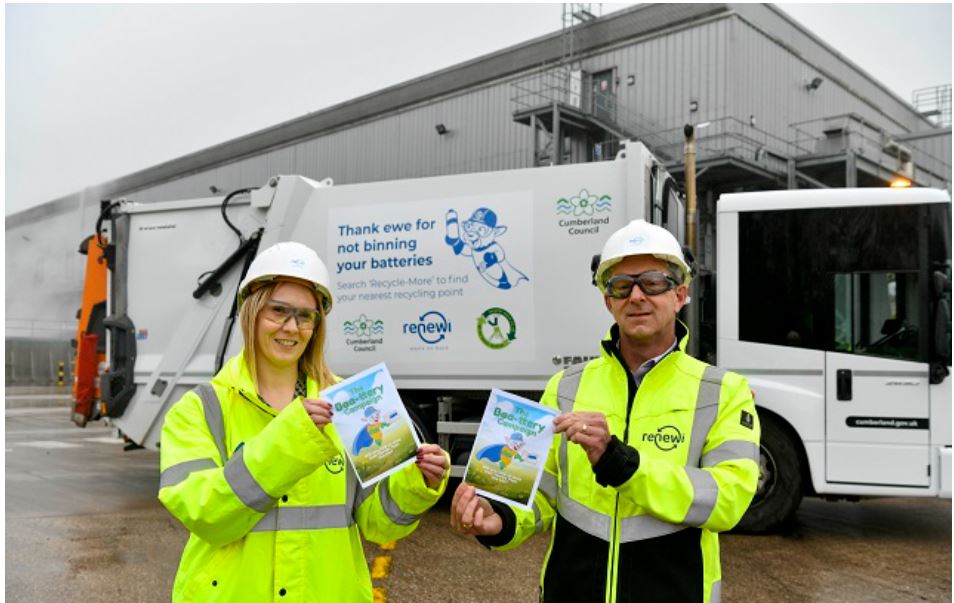
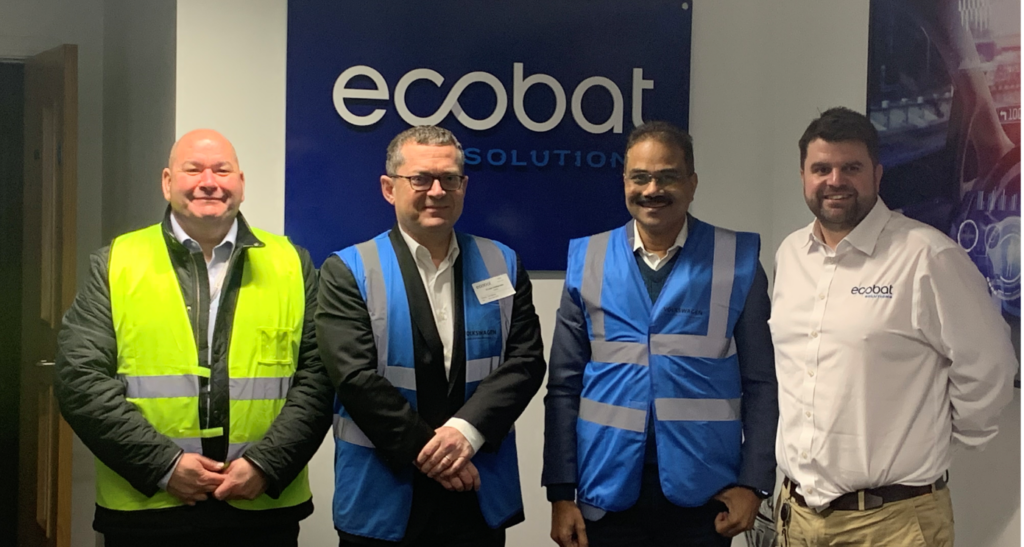
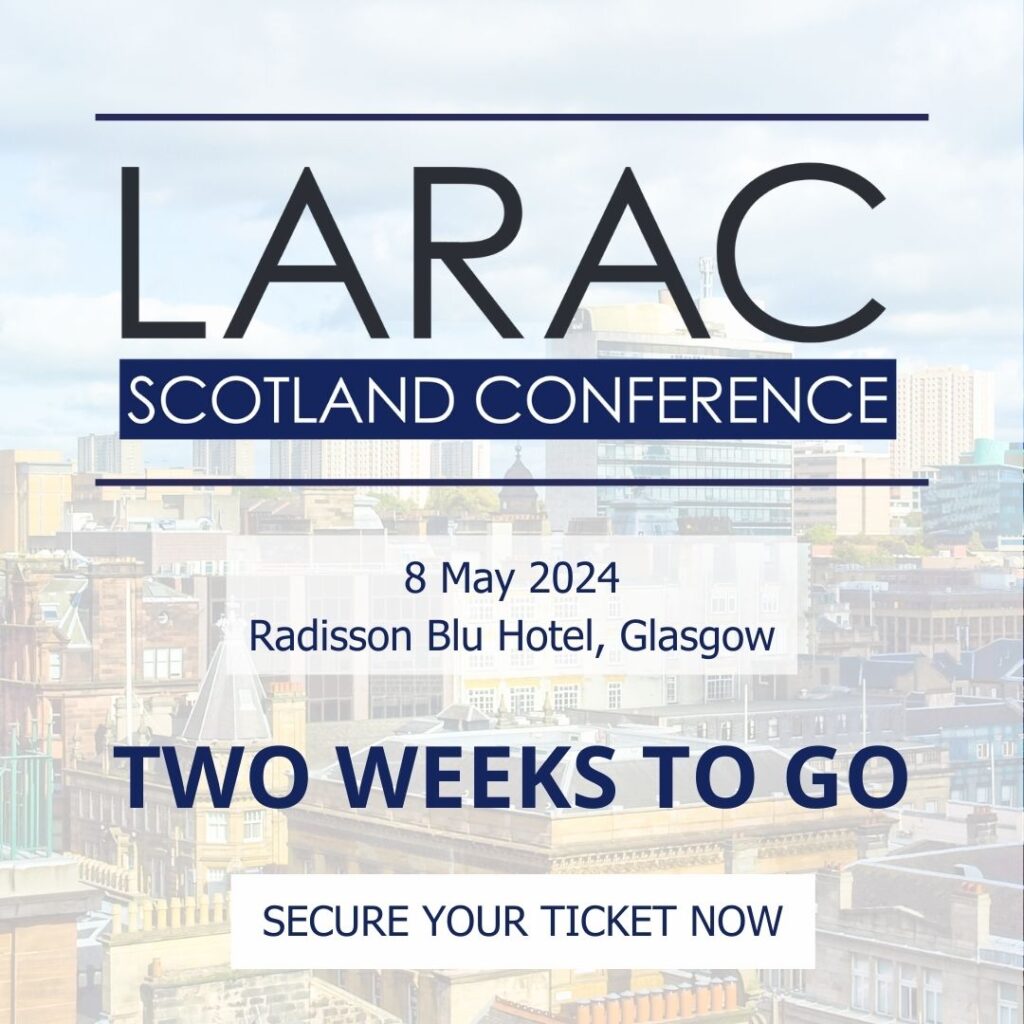

Subscribe for free